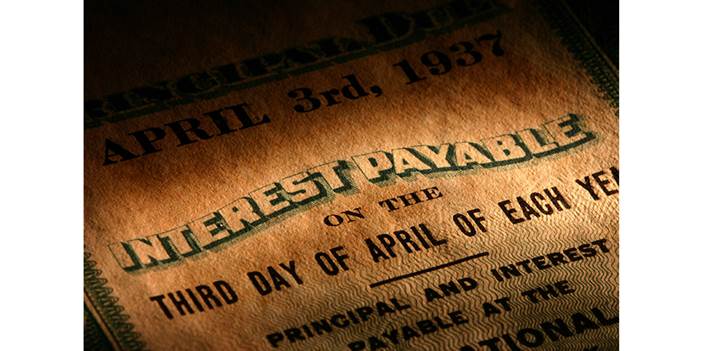UK bond chief expresses doubts over green gilts

The head of the UK’s debt management office (DMO) has questioned the case for issuing “green” government bonds, calling it a “symbolic” step unless investors were willing to pay more for the gilts.
Sir Robert Stheeman told the Financial Times the issuing of “green gilts” — government debt where proceeds are spent on environmentally-sustainable projects — could end up costing taxpayers more than standard bonds.
Stheeman, who has run the DMO since 2003, is in charge of raising billions of pounds per year in the bond market on behalf of the government, and has a mandate to keep costs down for taxpayers.
He told the paper he is sceptical that the issuing of green bonds would be cost effective, because it would be difficult to create a large and liquid market for the gilts.
“One of the natural ways you minimise cost is you try and ensure all your bonds are as liquid as possible,” he said.
“In our case that usually means building up benchmarks to £20-30bn size. Smaller one-off bonds tend to fragment that process and the market is not necessarily willing to pay a liquidity premium for those smaller bonds.”
Stheeman said the extra cost to the taxpayer of issuing green bonds would be “marginal”, but the UK government would not be incentivised to issue them unless investors were willing to pay higher borrowing costs.
Sign up to City A.M.’s Midday Update newsletter, delivered to your inbox every lunchtime
“Any government can choose to do what it wants for the environment in investment terms, regardless of how it borrows,” he told the FT.
“I think that’s quite important . . . I do think there are a number of investors who would love to have sovereign green bonds in their portfolios. What I would like to see is what are they going to pay me for it?”
Several asset managers have previously lobbied the government to issue green bonds, with Columbia Threadneedle writing to ministers and Stheeman last year, urging them to “consider addressing the climate emergency through green gilts issued to fund sustainable development projects”.
Columbia Threadneedle’s director of responsible investment, Simon Bond, told the FT he thought green gilts would trade in line with their conventional equivalents.
Bond also said he would be unwilling to pay more for the gilts if they were more expensive, adding: “Our first and foremost concern is we don’t want to sacrifice financial returns. We don’t believe you need to in order to do good for the environment. We think you can have your cake and eat it.”
In September, the Bank of International Settlements (BIS) — known as the central banks’ bank — launched a fund for central bank investments in green bonds amid increasing demand for climate conscious investments from the institutions.